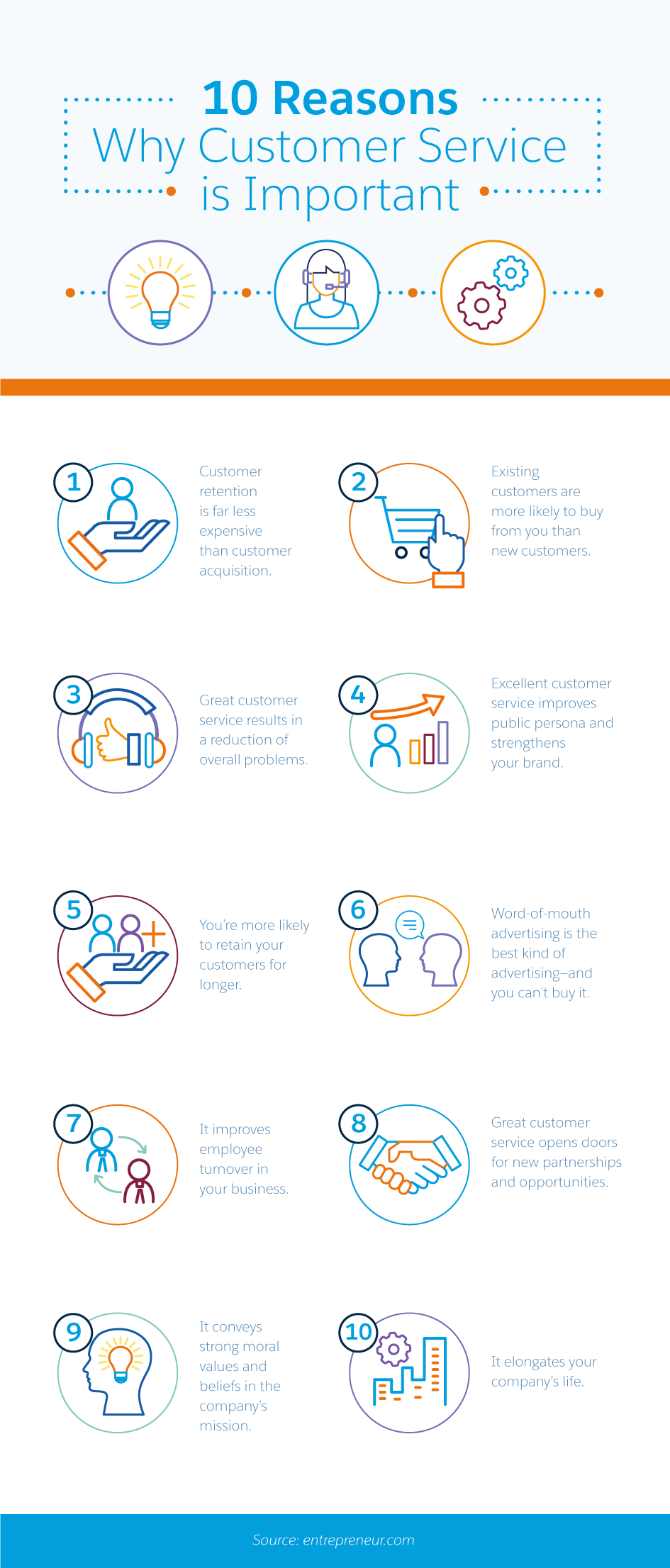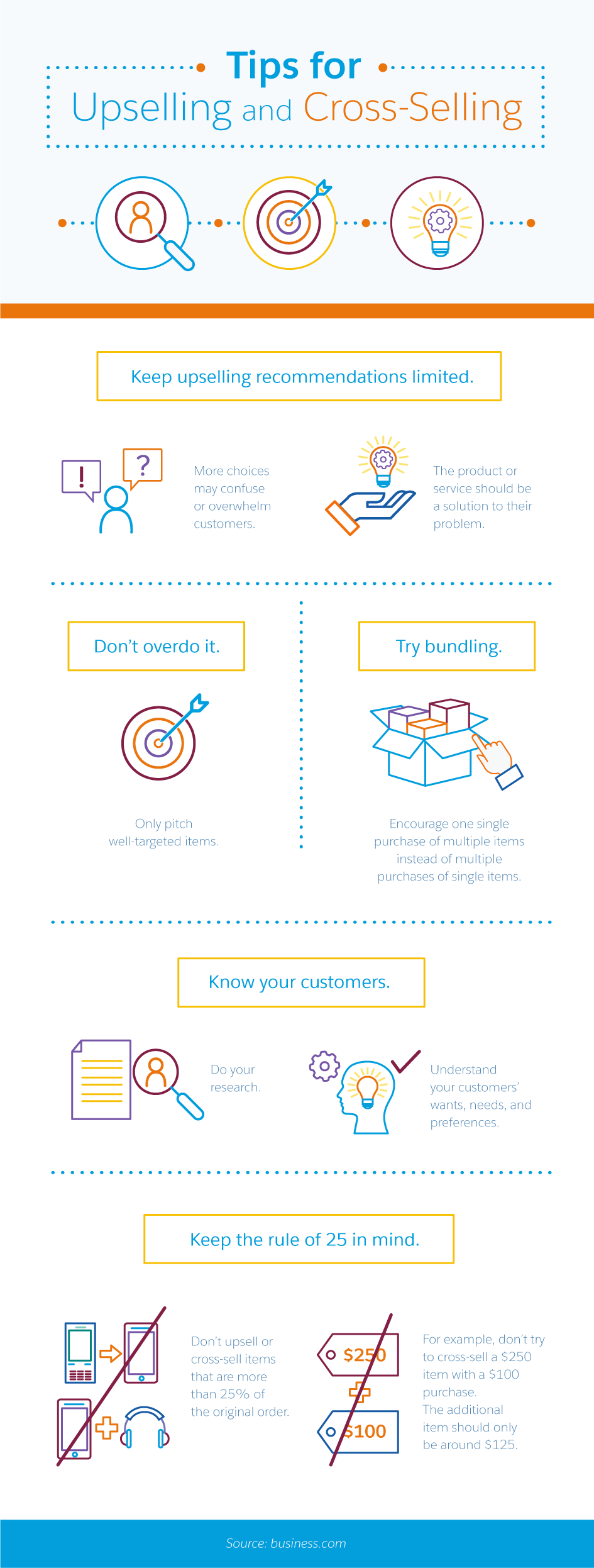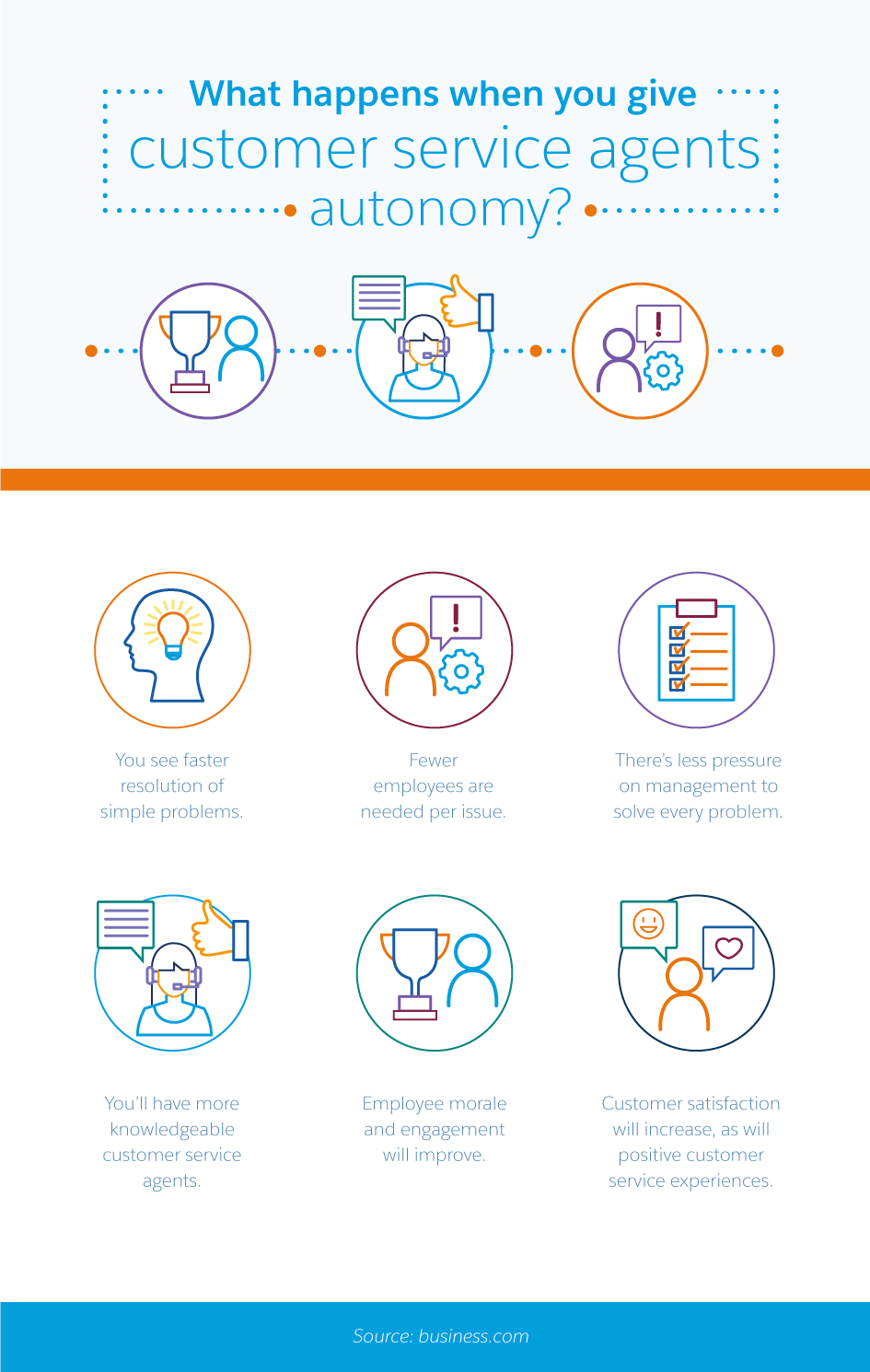Some business owners make the mistake of viewing their customer service team as an expense rather than an asset. This short-sighted view encourages them to keep their customer service expenses as low as possible. While they may save a little money in the short term by hiring a bare-bones team of under-equipped employees, business owners could be losing out on significant profits — along with the loyalty of their best customers — in the long term.
Rather than a liability, your customer service team is actually a huge asset that has the potential to be a revenue-generating machine for your company. Your customer service representatives interface with your existing customers at a pivotal point in their experience with your products or services. A great customer service experience could result in a product upgrade, an additional sale, and a happy customer for life. That’s why it’s important to recognize the potential of your customer service team and train them to become the superstars they were always meant to be.
Contact at a Crucial Moment
The contributions of the customer service team are often overshadowed by those of the sales team. After all, salespeople do the majority of the heavy lifting of converting a lead into a paying customer. However, business leaders can’t forget that it’s up to seven times more expensive to acquire a new customer than to keep a current one.
Most customers interact with the customer service team at a crucial juncture in their customer journey. They may be confused or frustrated with a product or service. But a great interaction with your customer service department could turn them into that Holy Grail: an enthusiastic and lifelong customer who sings your praises to friends and family.
For this reason alone, it is crucial to hire great customer service representatives, give them thorough training, and ensure they are a recognized and rewarded part of your company. However, this is just the beginning of the value that your customer service team can provide. They can also grow your profits.
10 Reasons Why Customer Service is Important
- Customer retention is far less expensive than customer acquisition.
- Existing customers are more likely to buy from you than new customers.
- Great customer service results in a reduction of overall problems.
- Excellent customer service improves public persona and strengthens your brand.
- You’re more likely to retain your customers for longer.
- Word-of-mouth advertising is the best kind of advertising — and you can’t buy it.
- It improves employee turnover in your business.
- Great customer service opens doors for new partnerships and opportunities.
- It conveys strong moral values and beliefs in the company’s mission.
- It elongates your company’s life.

Upselling
A customer may contact your support team because a particular product is not exactly what they need. This presents the perfect opportunity for a knowledgeable customer service representative to suggest a higher-level product that provides the capabilities your customer truly needs. When done in the appropriate circumstances — when the more expensive product will truly help — this can turn into a great interaction for the customer. In turn, it improves their relationship with your company and results in a bigger sale.
A well-known wireless carrier is famous for using this tactic. Customer service agents are trained to analyze a customer’s cell phone usage and suggest a new plan if the customer could truly benefit from more data, faster speeds, or more coverage.
Cross-Selling
A well-trained and empowered customer service representative can also take advantage of opportunities to cross-sell additional products and services that would be a good fit for a customer’s needs. For example, if a customer at a hair salon calls with a billing question and mentions how much she loved the way her hair smelled after her last haircut, the customer service representative could mention that the salon sells that brand of shampoo.
When offered correctly, opportunities like this can add up, and they give customers greater value and a deeper connection to your company. That customer may love the shampoo so much that she buys a bottle from the salon every time she gets a trim and buys additional bottles for her friends and family.
Re-Engagement
Many customers only reach out to a customer service department when they encounter an issue or have a negative experience. An amazing customer service experience can save and repair this relationship if your representative can resolve the issue in a caring and efficient way. A single positive interaction can re-engage a disgruntled customer and turn them into an evangelist for your product and company. For example, when Shep Hyken’s razor broke, he contacted the subscription service he used, and the company promptly offered to ship him several new razors at no cost, with no questions and no hassle. Hyken was so impressed that he wrote an entire blog about his great experience.
Tips for Upselling and Cross-Selling
- Keep upselling recommendations limited.
- More choices may confuse or overwhelm customers.
- The product or service should be a solution to their problem.
- Try bundling.
- Encourage one single purchase of multiple items instead of multiple purchases of single items.
- Know your customers.
- Do your research.
- Understand your customers’ wants, needs, and preferences.
- Don’t overdo it.
- Only pitch well-targeted items.
- Keep the rule of 25 in mind.
- Don’t upsell or cross-sell items that are more than 25% of the original order.
- For example, don’t try to cross-sell a $250 item with a $100 purchase. The additional item should only be around $125.

How to Turn Your Customer Service Team into Superstars
It’s unlikely your customer service employees will suddenly wake up one day and decide they want to make the absolute most out of every customer interaction and upsell or cross-sell whenever possible. This is especially true if they are treated merely as complaint absorbers. To turn your customer service employees into superstars who will add significant value to your company, you need to invest time, money, and support to help them grow.
Hire Quality Workers
The teenager who just wants to make some extra cash is probably not going to be your customer service superstar. Put in the time to find high-quality individuals and prove that you value them. Treat them as equals to your salespeople and other high-profile employees.
Invest in Training
To help your customer service representatives perform, give them the right tools. That starts with taking the time to provide them with comprehensive training. They need to thoroughly understand your products and services, as well as the mission of your company. Make sure they know the important role they play in your company’s success. Be clear about how to upsell or cross-sell a customer, and when they should focus only on addressing the customer’s needs.
Offer a Higher Purpose
A demotivated customer service representative needs to be addressed. If you want your employees to go the extra mile of cross-selling or upselling, give them a higher purpose. Make your representatives feel like key players in your company and show them how they add value to your company. That may mean spotlighting achievements or giving out bonuses and incentives.
Give Your Customer Service Representatives Radical Autonomy
At the heart of every great customer service experience is an empowered employee. There is no script or training manual that can cover every single situation, and that’s a good thing. Employees who are given the tools, space, and autonomy to handle customer service situations on their own will come across as more authentic and will often find novel solutions.
The company Zappos is famous for its unique and empowering customer service strategy. Its customer service reps go through intense training, do not use scripts, and are empowered to go the extra mile to make customers happy. As a result, great Zappos customer service stories abound, like the time a rep heard a crying baby in the background of a call and sent baby blankets to the grateful parents. A powerful result of radical customer service autonomy is that 75 per cent of Zappos purchases are made by returning customers.
What happens when you give customer service agents autonomy?
- You see faster resolution of simple problems.
- Fewer employees are needed per issue.
- There’s less pressure on management to solve every problem.
- You’ll have more knowledgeable customer service agents.
- Employee morale and engagement will improve.
- Customer satisfaction will increase, as will positive customer service experiences.

Provide Access to the Right Information
Your customer relationship management (CRM) software is a key tool for your entire company, especially your customer service department. Too often the customer service department exists as its own sequestered island, and representatives don’t have access to important information that could help them create better customer experiences. Integrate your customer service team into your CRM system. This way, when a customer needs help, a customer service rep can quickly pull up all of that customer’s information to better understand their history and previous interactions with the company.
Integrate Your Sales and Customer Service Teams
Your sales and customer service teams both play crucial roles during the customer journey, which is why they should work together in close coordination. By working together, both departments can make that journey smoother and more enjoyable for customers. Customer service representatives can also be a big asset to your sales team, alerting sales reps when top customers experience a problem or when there may be a good opportunity to upsell or re-engage with a customer. Employers can help their sales and customer service teams work together better by:
- Creating cross-team reports
- Establishing collective incentives and co-dependent goals
- Considering cross-department bonus plans
Great Customer Service Adds Endless Value
The research is clear: Great customer service can add significant value to a company’s bottom line. In fact, many consumers report that a company’s customer service is the number one factor that influences how much they trust a company. Additionally, 55 per cent of consumers would pay more for a better service experience, and 89 per cent of consumers have stopped buying from a company after a bad customer service experience.
You can help your business thrive by investing more time, resources, and support in your customer service team. Empower your reps and then watch how they delight your customers and grow your bottom line.
Share "Turn Your Customer Service Team into a Source of Revenue" On Your Site




